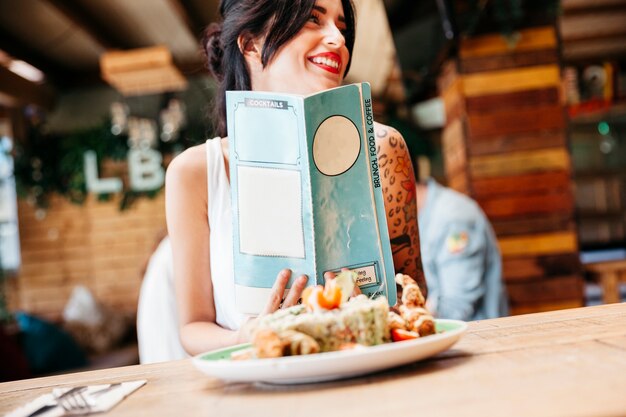
### Traveler’s Illness: Why You Need to be Careful
**Traveler’s Illness Explained**
Getting sick while traveling can be very costly, not just in terms of money, but also your health or even your life, especially due to food poisoning. Whether you’re in Mumbai or Mexico City, traveler’s sickness can happen anywhere. It’s crucial to be cautious about what you eat and drink. Enjoying local food is great, but sometimes it’s safer to say no. It’s important to strike a balance between indulging in local cuisine and protecting your stomach.
**Food at Home vs. Abroad**
Your stomach can handle the food you eat at home, but when you’re abroad, the food may contain different natural fertilizers that carry harmful bacteria, leading to what’s known as traveler’s tummy.
**Common Foodborne Illnesses**
Unsafe dishes, raw fruits, and vegetables are common sources of foodborne illnesses like E.Coli, salmonellosis, and norovirus. Always check the World Health Organization or the Centers for Disease Control and Prevention websites for information on foodborne illnesses before you travel. Cook, wash, or peel your food to reduce the risk of infection.
**Risks in Foods**
Cold meats, cheese platters, buffet food, raw mayonnaise, and seafood can all cause intestinal issues. Avoid non-pasteurized items like yogurt, and check expiration dates on canned milk. Contaminated milk in tea or caffeinated shakes can be a problem. It’s safer to consume items in sealed packages. Avoid runny eggs, raw vegetables, and be cautious with alcoholic beverages since their strength can vary by country.
**Street Food Caution**
Eating from street vendors can be risky unless the food is hot and the stall is clean. Pick busy spots as they tend to have fresher food. Always wash your hands thoroughly before eating.
**Maintaining a Balanced Diet**
Pregnant women, the elderly, and those with weak immune systems are more susceptible to traveler’s disease. A balanced diet is essential even for healthy individuals. Get protein from safe sources like eggs, nuts, tofu, and lentils. Ensure you get enough vitamins and minerals from peeled fruits and vegetables, and stay hydrated with safe drinking water. Consider energy bars for a high-nutrition option.
**What to Avoid**
– **Frozen Items**: Ice cream and ice cubes can harbor bacteria if not handled properly. Temperature variations can cause pathogens to develop.
– **Raw/Semi-Cooked Eggs**: Avoid raw or semi-cooked eggs to prevent salmonella.
– **Uncooked Sauces**: Be wary of sauces containing fresh herbs and water as they can be breeding grounds for bacteria.
– **Soda From Fountains**: Only drink soda if it’s from a sealed container.
– **Partially Cooked Meat and Seafood**: Ensure meat and seafood are fully cooked to avoid bacteria.
– **Raw Dairy**: Pasteurization processes vary, making raw dairy risky.
– **Unpeeled Fruits**: Only eat thick-skinned fruits like bananas and oranges. Avoid berries and apples.
**Eating Safely**
– **Hot Foods**: Ensure dishes that should be hot are served hot.
– **Cold Foods**: Desserts and other cold foods should be appropriately chilled.
– **New Dishes**: If unfamiliar with a dish, it’s best to avoid it.
– **Hygiene**: Street vendors should use plastic gloves. Only eat from reputable sources.
– **Fruits and Vegetables**: Wash and peel fruits. Boiled vegetables are safer than raw salads.
– **Meat and Dairy**: Avoid undercooked meats. Opt for pasteurized dairy products.
– **Drinking Water**: Boil tap water before drinking. Drink hot beverages and use bottled water if the seal is intact.
**General Guidelines**
– Insist on a freshly washed plate.
– Wipe the edges of any beverage containers.
– Only consume fruits and vegetables that are properly cleaned and peeled.
– Boil untreated water and avoid ice made from unknown water sources.
**Conclusion**
Staying safe from traveler’s illness involves vigilance about what you eat and drink. Even with modern technology, avoiding unsafe foods and drinks remains the best strategy to ensure a healthy, enjoyable trip.